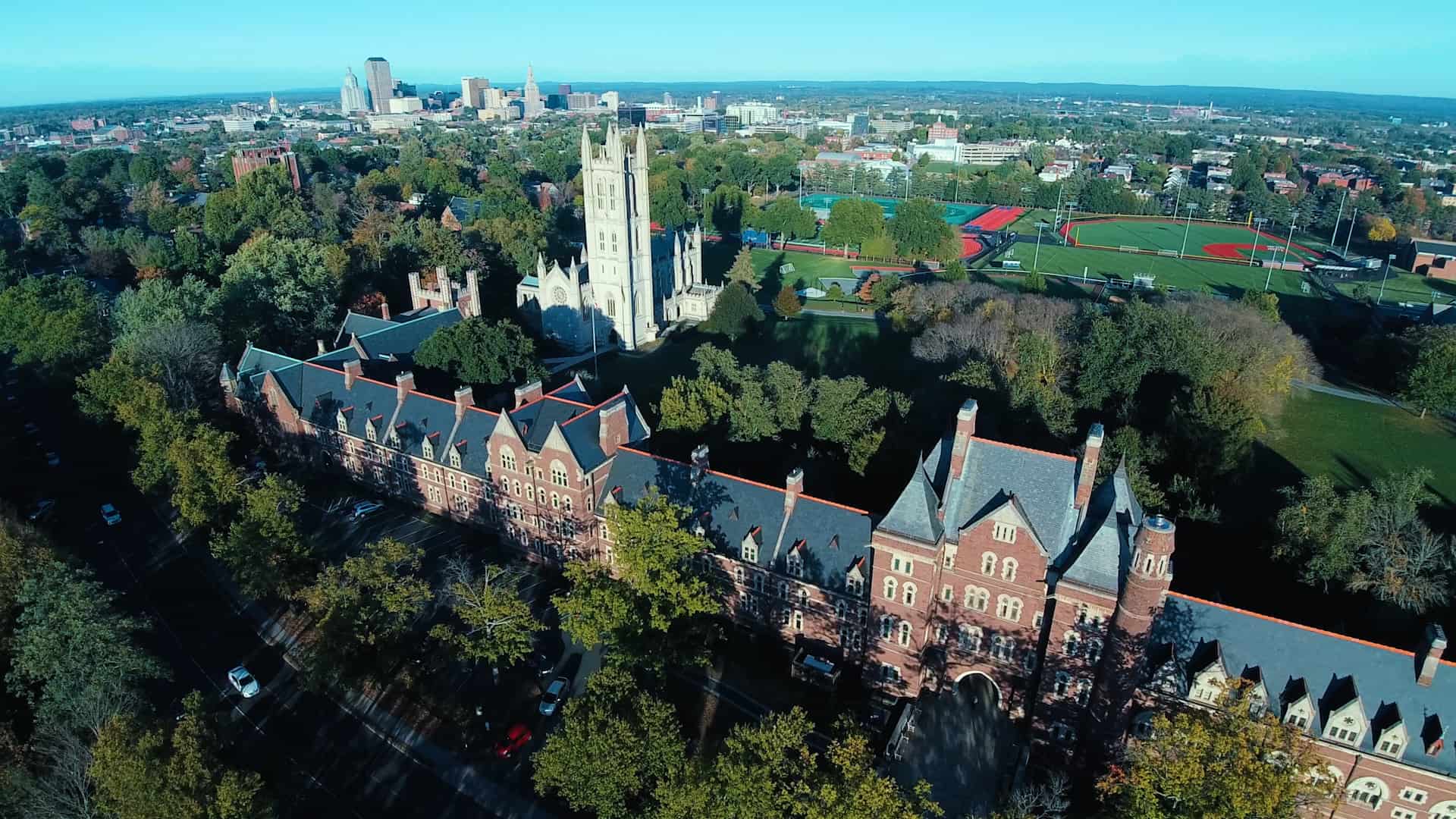Brendan W. Clark ’21
Editor-in-Chief
Vice President for Financial Affairs Dan Hitchell announced Thursday afternoon that Trinity College would be issuing one-time disbursements to select students using the monies the College received from the CARES Act in mid-April.
The grants, which will be issued as checks in the amount of $656.70 each to students, will be awarded to those who meet the U.S. Department of Education’s eligibility criteria. A total of 1,048 students, according to a subsequent email from Hitchell, were eligible. Trinity enrolls 2,182 students.
Hitchell indicated that the grant will not “affect future financial aid awards from Trinity” and the money will not “be taxed by the IRS.” Eligible students will receive their checks the last week of May. The grants were given to offset expenses “related to the disruption of campus operations due to the pandemic (including food, housing, course materials, technology, health care, and child care).”
Hitchell indicated that the eligibility criteria, derived from Title IV of the Higher Education Act of 1965, include but are not limited to “students who are U.S. citizens or are eligible non-citizens; have a Social Security number; have registered with Selective Service (if the student is male) and have a high school diploma, GED, or have completed high school in an approved home school setting.”
The Tripod spoke with Vice President for Enrollment and Student Success Angel Perez who indicated that the College “decided to give the funding to all domestic students (first-years through graduating seniors) at Trinity College who qualify for need-based financial aid.” Perez indicated that the funding did not go to those whose financial aid consisted only of merit aid.
As the Tripod reported on Apr. 15, Trinity received $1,376,444 under section 18004(a)(1) of the Coronavirus Aid, Relief, and Economic Security (CARES) Act. Trinity used the minimum amount required, $688,222, as grants of emergency financial aid to students.
The remaining 50% of the total $1,376,444 that Trinity received can be allocated for students according to the institution’s own financial plan. It was not immediately clear how Trinity intended to allocate those other funds.
Hitchell indicated in his email that students “not meeting the CARES Act criteria—including international students and undocumented students” can still access financial support via Trinity’s Student Emergency and Equity Fund (SEEF).
Perez echoed Hitchell’s comments, adding that because the CARES Act funding is from the federal government, we “could not distribute them to international or DACA students.” Perez encouraged those students to similarly apply for student emergency funding.
Secretary of Education Betsy DeVos indicated in an Apr. 9 letter that the only statutory requirement is that the funds “be used to cover expenses related to the disruption of campus operations due to the coronavirus.” Devos indicated that institutions may decide whether to allocate funds “to all students or only to those students who demonstrate significant need” and can decide themselves to allocate more than the minimum requirement.
Trinity’s plan echoes that of Middlebury, which received $1,862,094 under the Act. Middlebury similarly awarded their minimum portion as grants to “highest need students” at the start of May. The Middlebury Campus reported that Middlebury will use the money not awarded in grants to “offset already paid expenses,” which will help to “reduce the deficit the college is projecting for fiscal year 2020.”
Trinity received total grants similar to peer institutions Colby ($1,244,996), Connecticut College ($1,202,711), and Williams ($1,564,888).







+ There are no comments
Add yours